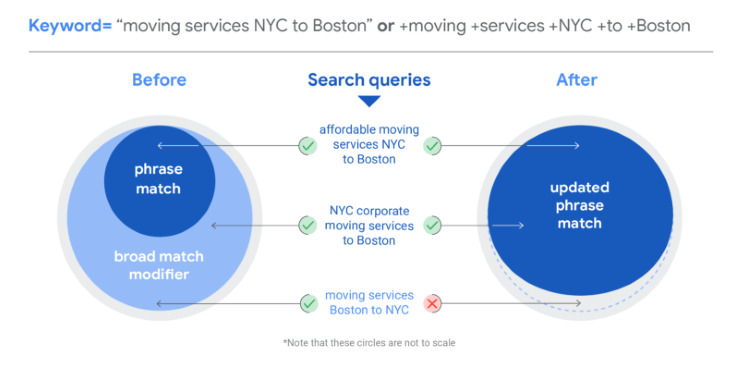Understanding Keyword Research and Match Types in Digital Marketing
Introduction
Keyword research is a fundamental aspect of any successful digital marketing campaign. It involves identifying and selecting specific words or phrases that potential customers might use when searching for products or services online. Match types play a crucial role in how these keywords are utilized in paid advertising campaigns. In this article, we’ll explore the significance of keyword research and delve into the various match types used in digital marketing.
I. The Importance of Keyword Research
Keyword research forms the bedrock of a successful digital marketing strategy. It allows marketers to understand the language and terminology their target audience uses when searching for products or services online. By identifying high-performing keywords, businesses can optimize their content, website, and advertising efforts to align with user intent, thereby increasing visibility and driving relevant traffic.
II. Types of Keywords
1. Short-Tail Keywords:
– Short and general search queries, usually one to three words long. They have high search volumes but may be less specific. Example: “running shoes.”
2. Long-Tail Keywords:
– Longer, more specific phrases that are typically four or more words long. They have lower search volumes but are highly targeted. Example: “best running shoes for marathons.”
3. Branded Keywords:
– Keywords containing the brand name or variations of it. Example: “Nike running shoes.”
4. Non-Branded Keywords:
– Keywords that do not contain the brand name. Example: “high-performance running shoes.”
III. Match Types in Paid Advertising
Match types dictate how closely a keyword in a paid advertising campaign must match a user’s search query for an ad to be triggered. There are four main match types:
1. Exact Match:
– Ads are triggered when the search query precisely matches the keyword. It provides the highest level of control but may have lower reach.
2. Phrase Match:
– Ads are triggered when the search query contains the keyword in the exact order, possibly with additional words before or after. It offers a balance between control and reach.
3. Broad Match:
– Ads are triggered by a wide range of variations and related searches, including synonyms, misspellings, and related terms. It provides the highest reach but may be less targeted.
4. Broad Match Modifier:
– Ads are triggered when the search query includes the modified term or close variations. It offers more control than broad matches but still allows for a wide range of related searches.
IV. Utilizing Match Types for Optimal Results
Selecting the appropriate match type depends on campaign goals and budget considerations. A balanced approach often involves a combination of match types to achieve the desired results. For instance, exact match is ideal for highly specific keywords, while broad match can be useful for discovering new, relevant search terms.
Keyword research and match types are integral components of any effective digital marketing strategy. By understanding how users search and tailoring ad campaigns accordingly, businesses can increase their online visibility and attract the right audience. A thoughtful approach to keyword selection and match type implementation can lead to higher click-through rates, improved conversion rates, and ultimately, greater success in the digital marketplace.
No comments yet.





